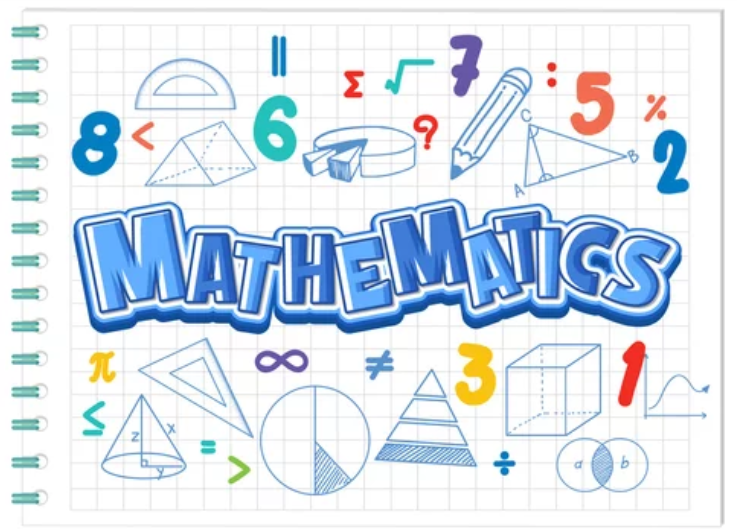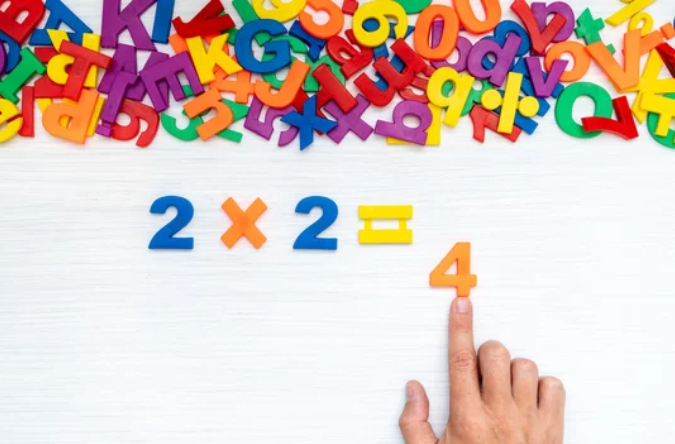10 Essential Math Skills Every Elementary Student Should Master
Mathematics is a foundational subject that shapes how students think, solve problems, and understand the world around them. For elementary students, developing strong math skills early on is crucial for long-term academic success. But what exactly should students be able to do before they move on to middle school? In this blog post, we explore … Read more









